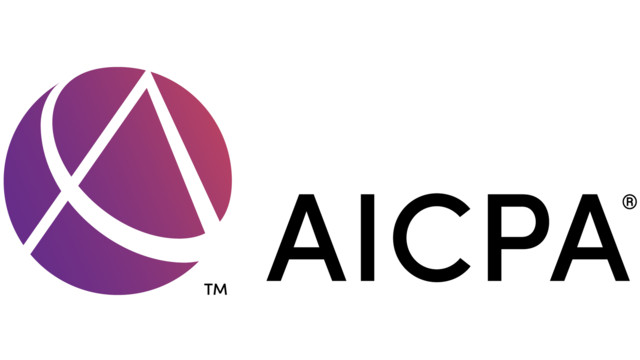With Artificial Intelligence (AI) increasingly impacting business and auditors, Chartered Professional Accountants of Canada (CPA Canada) and the American Institute of CPAs (AICPA) have partnered to produce two new white papers on the topic.
The two publications, A CPA’s Introduction to AI: From Algorithms to Deep Learning, What You Need to Know and The Data-Driven Audit: How Automation and AI are Changing the Audit and the Role of the Auditor, are aimed at audit professionals and others seeking information on how AI will evolve the role of the auditor as well as the audit itself. They also explore the change in mindset required for auditors to meet the challenges and take advantage of the opportunities that come with the introduction of AI.
“CPAs will not be replaced by AI, but we need to be prepared to evolve along with it,” said Gord Beal, CPA, Vice President, Research, Guidance and Support at CPA Canada. “The use of AI will require human insights to maximize its benefits and oversight to ensure it is used ethically. As professional accountants, we are uniquely prepared to thrive and provide value in an AI-enhanced workplace.”
A CPA’s Introduction to AI is exactly that – an overview that will be a foundational resource for auditors seeking information on what AI is, how it works and what it can do. Today, AI is already at the heart of everything from machine learning and facial recognition technology to the voice-activated virtual assistant increasingly deployed in our homes. AI’s future impact will affect organizations of all types and sizes around the world.
The Data-Driven Audit shows how AI will directly affect assurance engagements by taking over repetitive tasks, improving efficiency and assessing vast pools of data. However, understanding, explaining and creating value from that data will increasingly be the role of CPAs drawing on their skills, knowledge, ethics and professional judgment. The uses for AI in audit will be varied and auditors will need to consider how to best use the technology now to prepare for the future. As spreadsheets were for their professional predecessors, AI promises to be a key tool for auditors.
“Like all sophisticated technology, artificial intelligence carries great potential,” said Amy Pawlicki, AICPA Vice President – Assurance and Advisory Innovation.“CPAs are already playing a key role in harnessing and maximizing AI’s benefits in the public interest, and those who are knowledgeable about AI and how to get the most out of it will increasingly be in great demand.”
Both papers are available free of charge on the AICPA website.
Thanks for reading CPA Practice Advisor!
Subscribe Already registered? Log In
Need more information? Read the FAQs
Tags: Artificial Intelligence, Benefits




